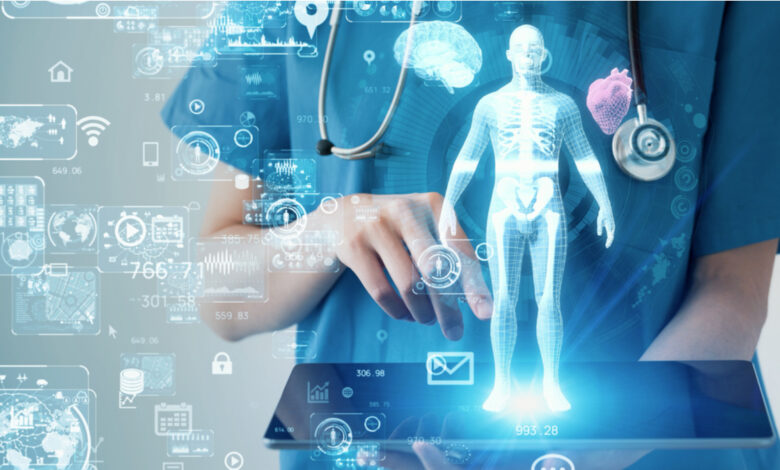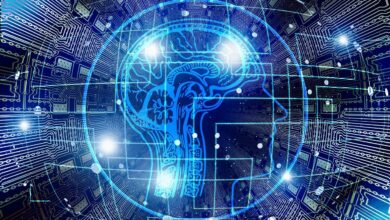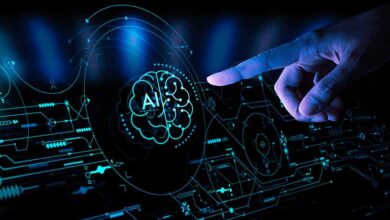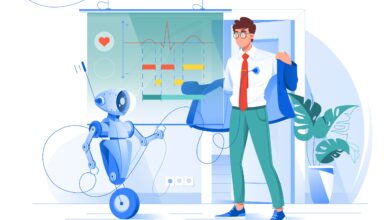AI in Healthcare
How AI And Machine Learning Will Impact The Future Of Healthcare

AI and machine learning have the potential to revolutionize the future of healthcare in numerous ways. As these technologies continue to advance, their impact on the healthcare industry is becoming increasingly profound. Here are some key ways AI and machine learning will shape the future of healthcare:
- Personalized Medicine: AI and machine learning can analyze vast amounts of patient data, including genetic information, medical history, and lifestyle factors, to develop personalized treatment plans. This approach tailors medical interventions to each individual’s unique characteristics, optimizing treatment effectiveness and minimizing adverse effects.
- Early Disease Detection: AI-powered algorithms can analyze medical images and patient data to detect early signs of diseases, such as cancer and neurological disorders, with greater accuracy and speed. Early detection allows for timely interventions and improved patient outcomes.
- Drug Discovery and Development: AI and machine learning can significantly speed up the drug discovery process by analyzing large datasets related to genetics, biological pathways, and chemical compounds. These technologies can predict the effectiveness and safety of potential drugs, leading to faster development and reduced costs.
- Predictive Analytics: AI can analyze patient data to predict health risks and identify individuals who may require immediate attention. This enables healthcare providers to take proactive measures, such as preventive interventions, reducing the likelihood of severe health issues and hospital readmissions.
- Virtual Health Assistants: AI-powered virtual health assistants and chatbots can provide patients with medical advice, answer health-related questions, and offer support. These applications improve access to healthcare information, especially in underserved areas.
- Remote Patient Monitoring: AI facilitates remote patient monitoring through wearable devices and other sensors. By continuously tracking patient health data, healthcare providers can intervene promptly in case of any concerning trends or changes.
- Improved Clinical Decision Support: AI-powered clinical decision support systems assist healthcare professionals by analyzing patient data and providing evidence-based recommendations for diagnosis and treatment. This enhances the accuracy and efficiency of decision-making processes.
- Robotic Surgery: AI-powered surgical robots can assist surgeons during complex procedures, providing real-time information and precise guidance. This technology increases surgical precision and reduces the risk of complications.
- Healthcare Resource Management: AI and machine learning can optimize resource allocation in healthcare facilities, helping streamline processes, reduce wait times, and improve overall operational efficiency.
- Drug Adherence and Patient Engagement: AI applications can monitor patient medication adherence, provide reminders, and offer personalized health-related guidance. This fosters patient engagement and encourages better compliance with treatment plans.
Overall, AI and machine learning are poised to transform healthcare by improving diagnosis, treatment, patient care, and operational efficiency. However, it’s essential to address challenges related to data privacy, security, and ethical considerations to ensure responsible and beneficial integration of these technologies in healthcare.



